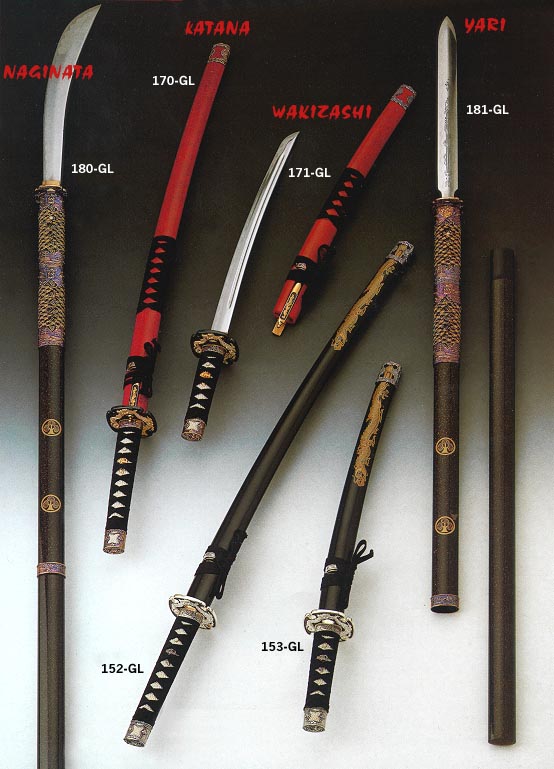For my birthday a couple of weeks ago, my husband and some good friends humored me by going to the artsy theater to see Tim's Vermeer. (They double humored me by not going to the conveniently located Indian restaurant right by the theater. I can enjoy chicken korma, but not on my birthday!) The documentary follows a brilliant billionaire inventor who spends five years replicating Vermeer's masterpiece The Music Lesson through technology available in Vermeer's lifetime: a camera obscura--a lens, really--and mirrors. The film is a bit slow but utterly fascinating. Even if art bores you to tears, Tim Jenison is riveting. His attention to detail (he builds the room that Vermeer painted, including the virginal and the views outside the window) is beyond obsessive, and he is clearly brilliant.
The documentary tries to debunk Vermeer as artist, claiming that, instead, he was merely an inventor, like Tim Jenison himself. I have no problem agreeing that Vermeer might have painted in just the manner Tim suggests, but to me, using technology doesn't detract one bit from Vermeer's brilliance as an artist. His use of light is exquisite, and perhaps he could see it because of the lenses and mirrors he employed. But his composition, subject matter, and calm balance are all his own.
I remember studying in school how Piet Mondrian--
this guy
--you know him, he's very popular with the preschool art unit crowd--
was influenced by Vermeer. And that's one of the primary things I admire in Vermeer: his balanced compositions. His shapes. You don't come up with that by randomly arranging a room and then spending a year copying it through a mirror.
I'm a writer, not an artist--even if I had a few delusions about making my own masterpieces while watching the film, before I remembered that I have neither billions, years, nor any patience to speak of--but I keep coming back to that line between technology and art. Writers use technology every day: word processors to record and the internet for research, of course. But I've also heard suggestions to use recording devices to hone an ear for dialogue or to video an event and then write down every single gesture people make. Twyla Tharp even suggests typing out classic novels to learn how the masters did it.
While accurate dialogue and gestures do make a story more lifelike, that story is the heart of the writer's craft. And Vermeer's painting is the same way. Whether you interpret The Music Lesson as a commentary on the young woman's virtue or the joys of the arts or a snapshot of class, it tells a story. And the story is told through much more than the tool of the photographic-like lens.
When I write, I have to remember not to get so hung up on realistic or factual renderings that my story gets lost. The story matters; everything else is enhancement. Realism and facts are there to ground my stories, not to take them over.
Tim didn't tell a new story. Even the impressive copy he made of The Music Lesson is merely a copy. I would love to see an artist try his technique and see what she learns from it to enhance her art and the stories she wants to tell. I might read old masters, Austen and Bronte and Shakespeare, and imitate their tools to improve my abilities (again with the patience thing--I'm not sure I'm up to trying Twyla Tharp's advice), but I do it to improve my own abilities. To tell my own stories.
Now if you have a minute or twenty, I can walk you through ALL of my strong food preferences. That's a story worth telling, right? RIGHT?!


